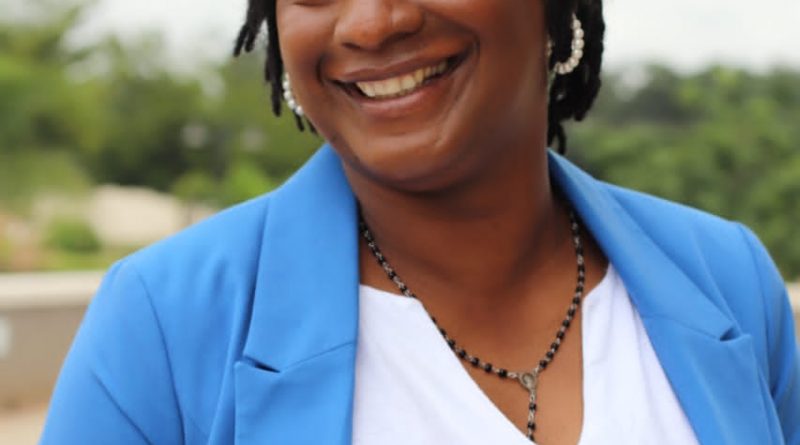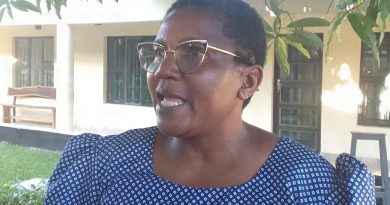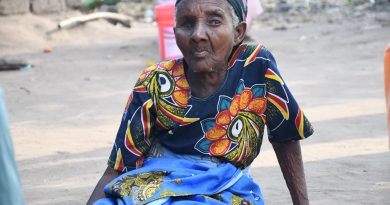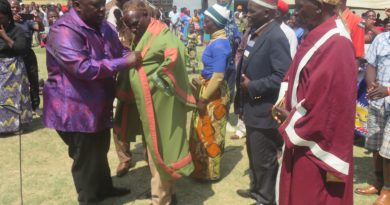‘Role of men to encourage women to participate in politics long overdue’
By Joseph Kayira
In 2009, late President Bingu wa Mutharika did something that forever changed the perception of how Malawian politics should be practiced. He chose Mrs Joyce Banda as his running mate in the presidential election. The pair won the presidential election with a landslide victory – and people attributed it to the ‘clever’ idea of involving Mrs Banda.
Mrs Banda went on to become Malawi’s first woman president and Africa’s second woman president. Despite the encouraging development in as far as promoting women participating in politics is concerned, Malawian women who want to get into politics are finding it hard to make inroads into mainstream politics.
It still remains a man’s world in politics in Malawi. Yet, there are capable women – just like Mrs Banda – who can deliver in politics. From politics to the corporate world, women find it hard to break even. They are frustrated, intimidated or told in plain terms that “you cannot afford this; you are a woman, this is a man’s job”.
Barbara Banda, chairperson of the Non-Governmental Organisations Gender Coordination Network (NGO-GCN) says it is important that men should begin to support women who have interest to participate in politics. She says the country should open a new chapter to demystify perception that only men make good leaders.
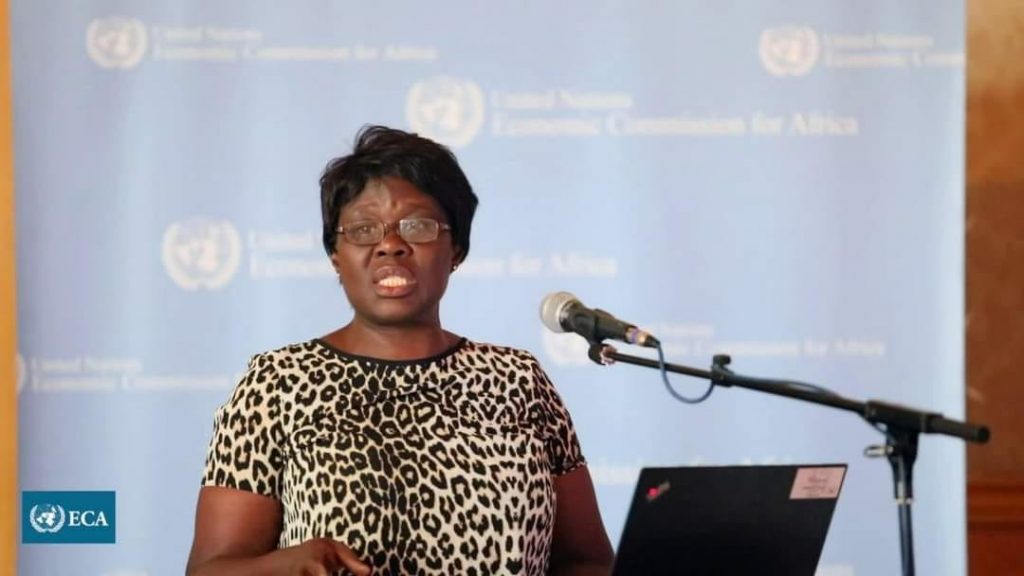
Banda: Women should not be subjected to political violence and intimidation (Photo Credit: Internet)
She says women who participate in politics have the potential to lead and deliver just like their male counterparts. Banda adds that the need to support women participating in politics should begin with political parties and permeate down to communities.
“Political parties need to invest in women. Political leaders must implement policies that support women at the earliest possible time before elections. Parties must deliberately invest in women. Men should support and encourage women who have interest in politics,” Banda says.
She says over the years women have been intimidated and have to move around with bodyguards in fear of men who do not want to see them progress in politics.
“Women just like men, should not be subjected to political violence and intimidation because a few people believe they cannot deliver. Truth of the matter is that women have all it takes to deliver in politics. We have seen women who are supported delivering in politics or in the corporate world. The problem is that political parties have not invested in women; and society still thinks that its only men who can be leaders which is wrong,” Banda says.
In a country like Malawi where a woman rose to the presidency, the situation and the reasoning should have been different. But patriarchal is still deep-seated; the notion that only men should be leaders is also lingering in the minds of many – including influential leaders who should be making a difference.
“I also think the quotas can help as to increase the number of women in influential positions, especially in politics. There must be deliberate policies that support women to fill positions that are influential be it in politics, civil service or in the private sector. At the moment the terrain in politics shows that we still have fewer women in decision making positions. That must change,” Banda says.
She says the civil society, Non-Governmental Organisations and well-wishers seeking to support women participating in politics “should not wait until the last minute.”
“They should start supporting women who want to contest for positions in politics now. Sometimes assistance comes too late when women have already been discouraged or have little time to campaign,” she says.
She adds that men should lead the campaign to ensure that women are contesting on a level field. “We keep mentioning men because the majority of them hold decision making and influential positions.”
Women can do it
Humphreys Mvula, a veteran political commentator says women should be encouraged to join politics and fill positions from the grassroots level.
“It’s true that men have a role to play to encourage more women to participate in politics. It is also true that women themselves should show interest to join politics much earlier before elections. The trend has been that women only show up during elections.
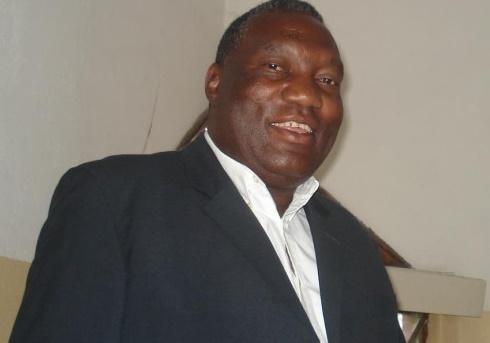
Mvula: Let us encourage women to participate in politics (Photo Credit: Internet)
“There are elite women who have all it takes to be in politics but are discouraged because politics is associated with violence and name-calling. Also important is the fact that key position are in the hands of men and women are relegated to lesser positions. Men should deliberately encourage women to join politics and vie for key positions in political parties,” Mvula says.
He insists that women should invest their time in politics and endure all it takes to get to senior positions. “It is the only way they can be considered into key and significant positions.”
“Women in politics need to be part of the process right from the beginning. Positions should not come as a trophy. They should earn the trust and the respect of the people who vote them into power. The support from men, which is long overdue, should come in after the earned trust,” Mvula says.
Ken Ndanga, a senior member of the United Democratic Front (UDF) says most women who are in politics are financially challenged. He says capable women with little resources find it hard to contest for positions in politics.
“The end result has been that we have more men in key positions. We can do more as men to make sure that women are in these important positions. In my view, NGOs should start campaigning for women as early as today. By the time we get to 2025, more women will be willing to join politics. We will have changed the mindset of people who think it’s only men who can deliver,” Ndanga says.
He says apart from the support they can get from men, women should have self-esteem and the courage to deal with the dirt and challenges in politics. Ndanga says Malawi needs gender-blind electorate if more women are to be incorporated into positions.
“I also entirely agree with those who campaign for quotas for women in leadership. We also need to involve opinion leaders, religious leaders and traditional leaders to help societies to change their mindset when it comes to voting,” he says.
Bertha Ndebele, legislator for Balaka West Constituency says society must begin to deal with the wrong perception that women cannot lead.
“Yes, we need support from men but we also need the support of society, NGOs and government to change the wrong perception that tends to favour men in politics. It is possible for women to lead; it is very possible for women to deliver in any sector including politics.
“We must deal with insecurities, level the playing field and make sure that political parties are entities that have policies that support women all the way. NGOs and the civil society must start engaging women now. they should not show up only when campaign starts. Its always too late,” Ndebele says.
She says what kills the dream of many women to participate in politics is the lack of support from those in positions and financial constraints.
“Also, there are cultural barriers that hinder women from contributing to national development through politics. The belief that a woman contestant should be married is a pain. They will deliberately ask you about your marital status but will not do the same to male candidate. Society needs to change the way it looks at leadership roles,” Ndebele says.
Involve men too
Dr Thando Makubaza of PADARE, gender organisation that works with men and boys for gender equality in Zimbabwe, says most institutions are headed by men and that has remained problematic. She says society must decisively deal with what she calls toxic and negative masculinity.
“Going forward, the best way is to engage men to be allies to the cause. We must not fight them. Actually, we need to have a conversation with men; they could be the voice that is missing. Let’s create positive masculinity as we fight for numbers of women in politics and in positions to increase,” Dr Makubaza says.
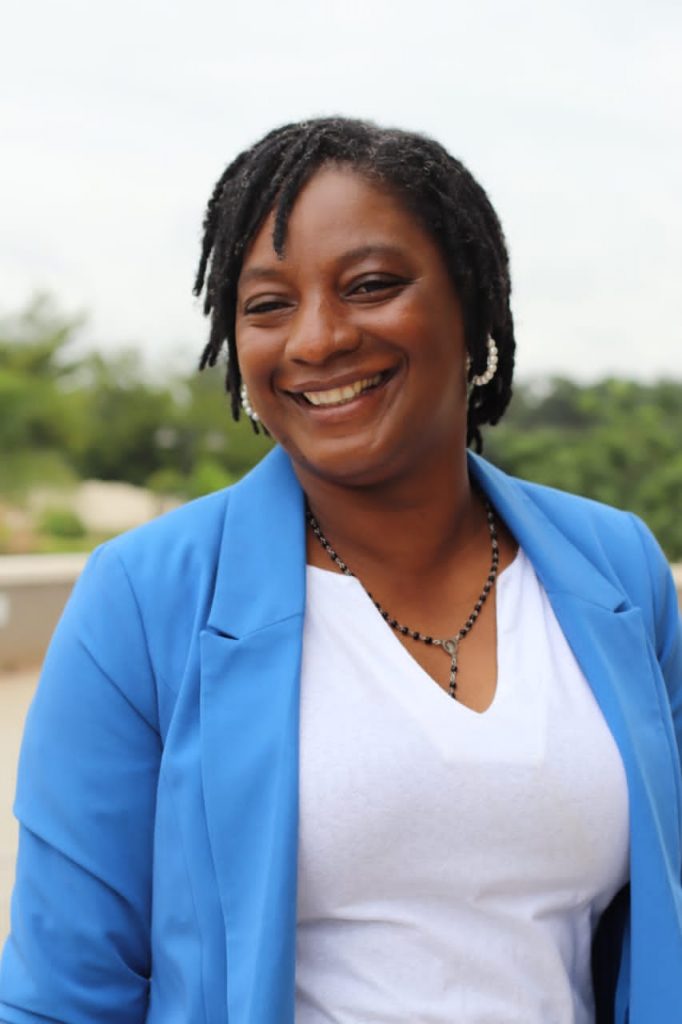
Ndebele: Please, support us (Photo Credit: B Ndebele)
She suggests that there is need to target men in their small numbers in what she says is targeting to improve the numbers of women participating in politics.
“The point is, we should be engaging men to make sure that they themselves tackle social norms. Let’s form groups of men who can play a very critical role in encouraging women to participate in politics. These are men who are influencers; when they speak others listen.
“We want to work with men who see the important roles of grandmothers, daughters and mothers play in communities. We should be targeting men who can actually add flavour to this important cause. This can bring impact and harmony to what we are fighting for,” Dr Makubaza says.
With elections coming in September 2025, men can start doing the needful – campaign vigorously for more women to participate in politics. It could be the beginning of creating a better world in politics where duty bearers do not necessarily need to be men, as their female counterparts can equally deliver – much better.
*Joseph Kayira is a Malawian journalist working at Montfort Media. This story is part of the Gender Links News Service.

